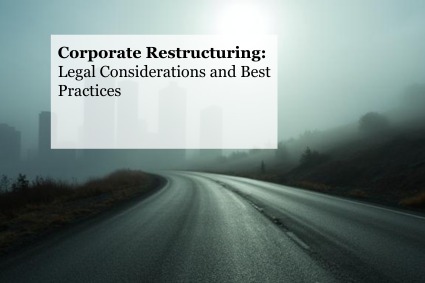Union of India vs. Shantanu Sanjay Hundekari [SLP(C) Diary No. 55427 of 2024 order dated 24.01.2025]

In this order, the Hon’ble Supreme Court upheld the order passed by the Hon’ble Bombay High Court in Shantanu Sanjay Hundekari vs. Union of India 2024 (3) TMI 1277. In the case before the Bombay High Court, employees of a shipping company, were issued a show cause notice under Section 74 of the CGST Act, 2017 whereupon a demand of Rs. 3731,00,38,326/- towards penalty was demanded from them, being the tax amount stated to be defaulted by their employer.
These employees where not in charge of the day-to-day business of their employer but held a power of attorney to represent them before the tax authorities. The tax authorities had invoked Section 122(1A) and Section 137 of the CGST Act, which provides that any person who retains the benefit of a transactions listed in Section 122(1) shall be liable to penalty of an amount equivalent to the tax evaded or input tax credit availed of or passed on. Section 137 provides that when the offence has been committed by a company with the consent or connivance of or is attributable to any negligence on the part of, any director, manager, secretary or other officer of such company, such person shall also be deemed to be guilty of that offence.
These employers were foreign companies which did not have any employee or fixed establishment in India and solely for the purpose of representing and acting on behalf of them, in tax matters before the Indian tax authorities, the petitioners were given the power of attorney. Throughout the proceedings the petitioners had cooperated with the GST authorities for investigation and taken a stand that they were not personally availing the benefit of any ITC, nor does the show cause notice alleged that any personal benefit is achieved by the petitioners. They also submitted that they were neither legal experts nor had any in-depth legal understanding of GST laws or its interpretation and their role was essentially to assist and cooperate with the investigation authorities and had given clarifications relating to distribution of ITC, legitimately taken by their employer on payments made to third party vendors on procurement of services. The crux of their submission was that Section 122(1A) and Section 137 of the CGST Act do not apply to them if there is no suggestion that any personal benefit was availed by them.
The Bombay High Court had held that Section 122(1A) applies only to a taxable person, defined under section 2(107), as it specifically speaks about the applicability of the provisions of clauses (i), (ii), (vii) or clause (ix) of sub-section (1) of Section 122. The Court observed that it is difficult to accept the case of the revenue that the petitioners as employees were in any legal position under the CGST Act to retain the benefit of a transaction. Further there was no material to show that it is at the instance of petitioners, that the transactions are conducted, so as to make them liable for such a penalty. With respect to Section 137, the court observed that that proceedings under Section 137 cannot be initiated under Section 74 of the CGST Act. The Court observed that principle of vicarious liability cannot be attracted in case of these provisions. The court quashed the show cause notices issued to the employees.
Now the Supreme Court has rejected the SLP filed by the department and after taking note of the cogent reasons adopted by the Bombay High Court, observed that there are no reasons to interfere with such judgment. However, the Apex Court allowed the question of law in respect of Section 122(1A) and Section 137 to be kept open.
W&B Comments: This upholding of the judgment of the Bombay High Court by the Hon’ble Supreme Court will come as a breath of relief for many tax professionals working for the numerous businesses across the country. The sword of penalty under GST merely for being an employee of a business will neither improve the GST collections as such employee do not have the large amounts of demand raised by the revenue neither improve any intended GST compliance as the employee are powerless and do not take the business or transactional decisions of their employer. The focus of the department should rather be on making their investigation process more evidence based, as the Bombay High Court observed that department failed to place anything on record to show that the employees personally received the benefit of any alleged tax evasion.
By entering the email address you agree to our Privacy Policy.



